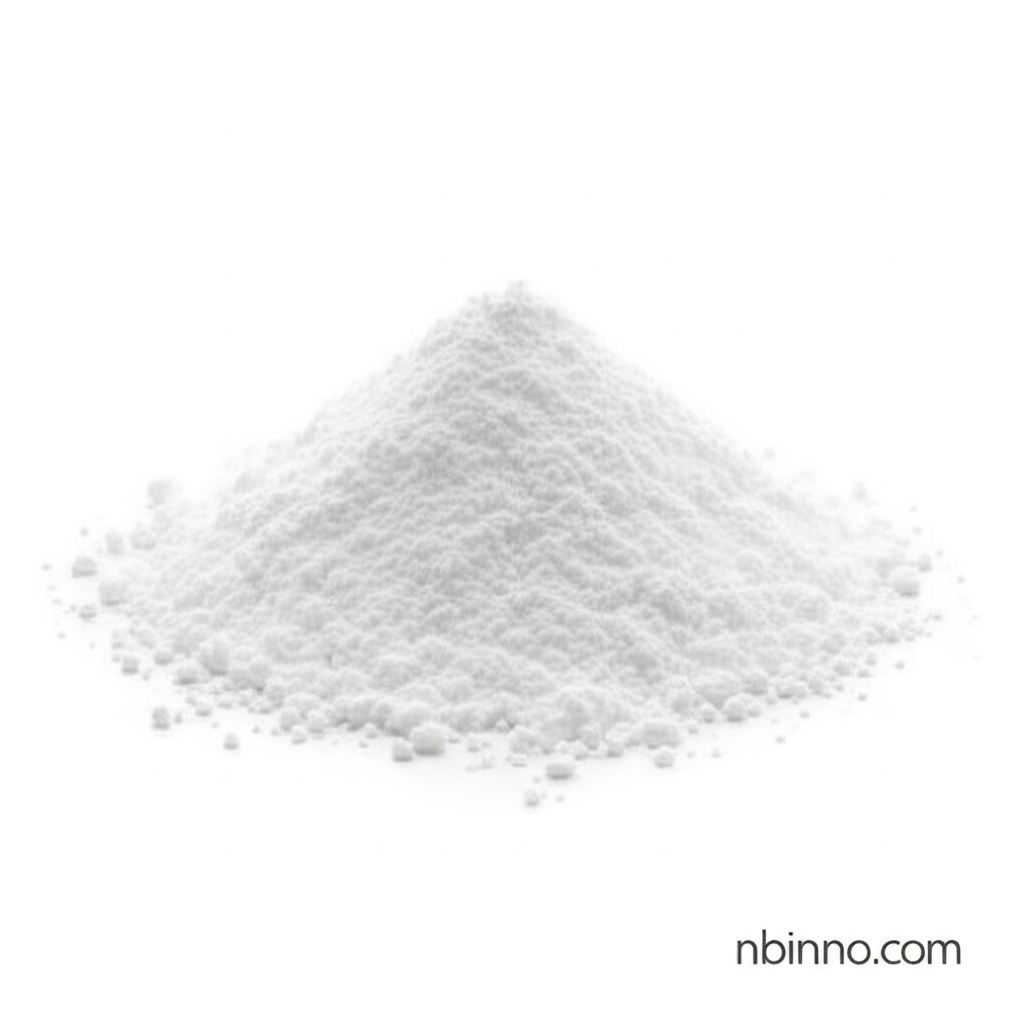Teicoplanin: A Powerful Glycopeptide Antibiotic for Gram-Positive Bacterial Infections
Discover the clinical applications and therapeutic advantages of Teicoplanin, a key player in combating serious bacterial infections.
Get a Quote & SampleProduct Core Value

Teicoplanin Powder
Teicoplanin is a crucial glycopeptide antibiotic renowned for its efficacy in treating severe infections caused by Gram-positive bacteria. Its mechanism targets the inhibition of bacterial cell wall synthesis, offering a vital therapeutic option against challenging pathogens like Methicillin-Resistant Staphylococcus aureus (MRSA) and Enterococcus faecalis.
- Explore the teicoplanin vs vancomycin debate and understand the nuanced differences in their effectiveness and safety profiles.
- Understand the complex teicoplanin biosynthesis pathways and the implications for its production and quality.
- Learn about teicoplanin pharmacokinetics, including its long half-life and renal excretion, which influence dosing strategies.
- Discover the broad spectrum of teicoplanin clinical applications, from severe sepsis to bone infections, and its role in infection prophylaxis.
Key Advantages of Teicoplanin
Broad-Spectrum Efficacy
Teicoplanin demonstrates potent activity against a wide range of Gram-positive bacteria, making it a reliable choice for infections where precise pathogen identification may be delayed. Its effectiveness in treating MRSA infections is particularly noteworthy.
Favorable Safety Profile
Compared to some other antibiotics, teicoplanin generally exhibits fewer adverse effects, contributing to better patient tolerance. This is a critical consideration in long-term treatment regimens for serious infections.
Versatile Application
Beyond direct treatment, teicoplanin also plays a role in infection prophylaxis and is being explored for its potential in adjunct therapy for viral infections, showcasing its evolving utility in modern medicine.
Key Applications
Gram-Positive Bacterial Infections
Treating severe infections such as endocarditis, osteomyelitis, sepsis, and skin infections caused by susceptible Gram-positive organisms, including MRSA, is a primary use, vital for managing Gram-positive bacteria infections.
Prophylaxis
Used in prophylaxis to prevent infections in certain high-risk patient populations, contributing to overall patient safety in healthcare settings.
Research and Development
Investigated for its potential role in combating viral infections, such as SARS-CoV-2, highlighting its broad therapeutic potential beyond bacterial targets.
Pharmaceutical Intermediate
Serves as a critical intermediate in the synthesis of various pharmaceutical compounds, underpinning advancements in drug discovery and development.
